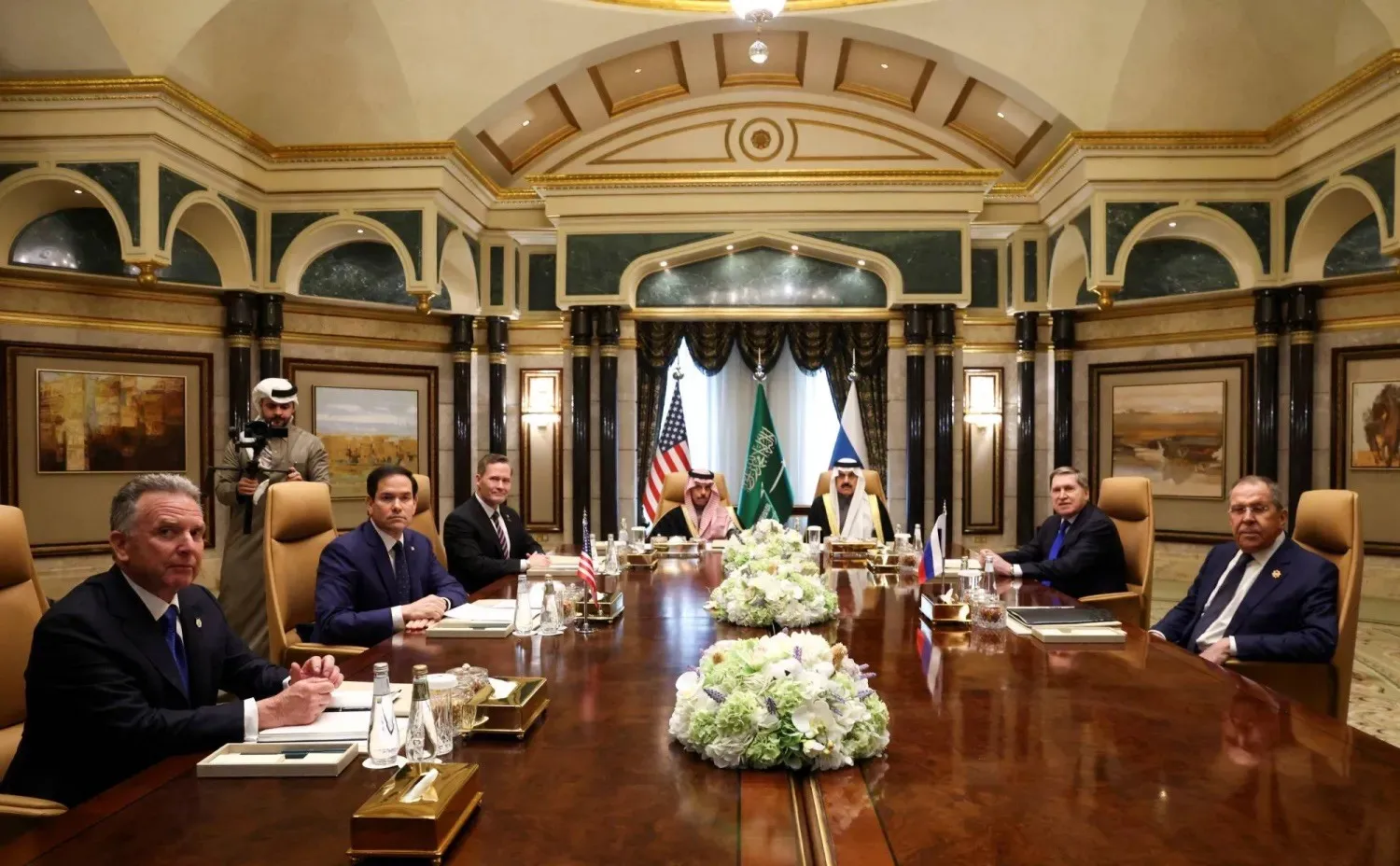With 48 hours remaining before separate US-mediated talks between Ukraine and Russia in Saudi Arabia, both sides have expressed hope for progress toward a potential ceasefire in the three-year-long war. US negotiators will meet separately with the Russian and Ukrainian delegations on Monday in what US envoy Keith Kellogg described as shuttle diplomacy between hotel rooms.
Moscow stated that it hopes for some progress in the negotiations, according to Russian negotiator Grigory Karasin, who spoke to a state television channel. Meanwhile, Ukrainian Foreign Minister Andrii Sybiha said on Saturday that Ukraine is striving for peace more than any other country and is working with US and European partners to achieve it.
Despite diplomatic efforts and pressure from US President Donald Trump, achieving a breakthrough remains difficult. Karasin, speaking to Russia’s Defense Ministry-affiliated Zvezda TV channel, expressed cautious optimism, stating that he and fellow negotiator Sergey Beseda, a senior official in Russia’s Federal Security Service (FSB), are approaching the talks with a constructive and positive attitude.
A Ukrainian official told Agence France Presse that Kyiv hopes the negotiations will lead, at the very least, to a halt in attacks on energy facilities, infrastructure, and Black Sea ports by both sides.
The Russian delegation is expected to arrive in Saudi Arabia on Sunday and return home on Tuesday. The choice of Russian negotiators has raised questions, as neither Karasin nor Beseda comes from traditional diplomatic institutions such as the Kremlin or the foreign and defense ministries. Karasin is a former diplomat and current senator in Russia’s upper house of parliament, while Beseda is a high-ranking FSB officer. The FSB admitted in 2014 that Beseda had been in Kyiv during the violent suppression of pro-European protests.
According to Ukraine’s Foreign Ministry, Monday’s talks in Saudi Arabia between Ukrainian and US representatives will primarily focus on technical aspects of a potential limited ceasefire between Russia and Ukraine. Foreign Ministry spokesman Heorhii Tykhyistated that the meeting aims to set standards for the various ceasefire options currently on the table.
Tykhyi confirmed that Ukraine had agreed to a US proposal for a full 30-day ceasefire and once again blamed Russia for failing to implement any form of truce. However, he added that Ukraine has no information about the separate negotiations between the US and Russia in Saudi Arabia, emphasizing that Kyiv is only preparing for its discussions with the American representatives.
Sybiha will not travel to Saudi Arabia, but Defense Minister Rustem Umerov is expected to participate in the talks. Discussions will focus on a US proposal to ensure the safety of maritime navigation in the Black Sea by implementing a limited ceasefire in designated maritime areas.









